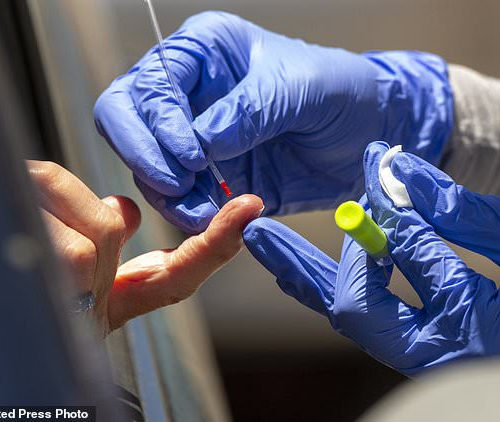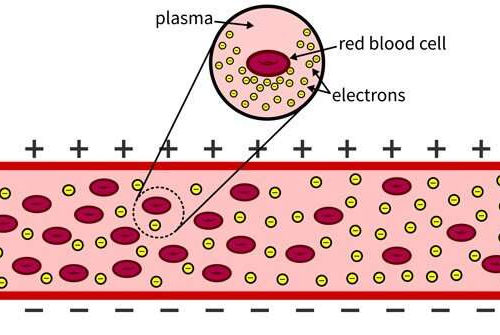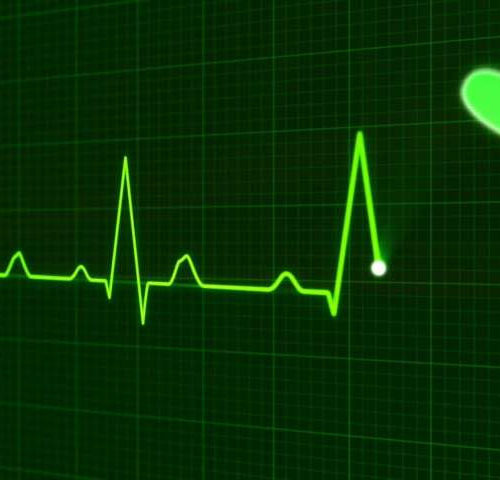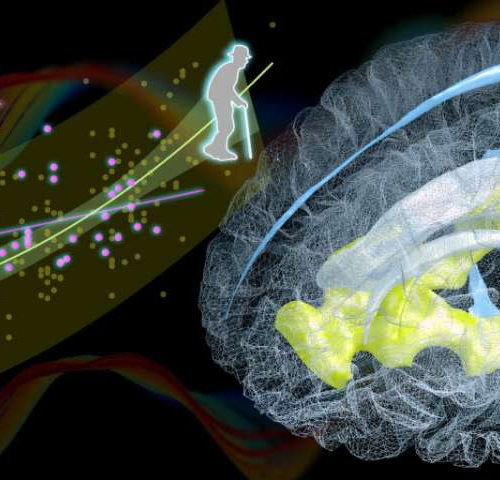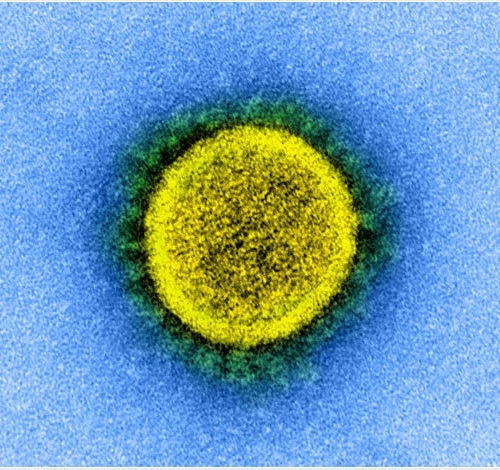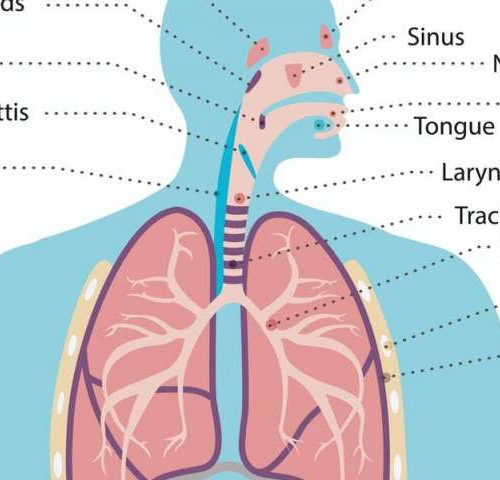For every ten adults in the world, four suffer from functional gastrointestinal disorders of varying severity. This is shown by a study of more than 73,000 people in 33 countries. University of Gothenburg scientists are among those now presenting these results. Functional gastrointestinal disorders, FGIDs, is a collective term for chronic disorders in the gastrointestinal...
Tag: <span>Diagnostic</span>
FDA releases list of 27 coronavirus antibody tests that FAIL to meet its accuracy standards as it cracks down on nearly 200 unvetted products
On Thursday, the US Food and Drug Administration announced that more than two dozen antibody tests sold to Americans have not been proven to work A Mayo Clinic experiment found that half of the ninee antibody tests it analyzed were unreliable Antibody tests detect immune proteins developed in response to an infection and may provide...
Paper-based device measures lithium ion concentration in blood of bipolar disorder patients
by James Ives, M.Psych. (Editor) A group of Hokkaido University researchers has developed a paper-based device that can easily and cheaply measure lithium ion concentration in blood, which could greatly help bipolar disorder patients. Lithium carbonate is used for treating bipolar disorder, a mental health condition that causes extreme mood swings. But using this drug...
Engineer uses mechanical resistance to detect damage to red blood cells
by Karen B. Roberts, University of Delaware According to the National Kidney Foundation, more than 37 million people are living with kidney disease. The kidneys play an important role in the body, from removing waste products to filtering the blood. For people with kidney disease, dialysis can help the body perform these essential functions when...
Scientists discover more than 200 genetic factors that cause heart arrhythmia
by Queen Mary, University of London Hundreds of new links have been found between people’s DNA and the heart’s electrical activity, according to a study of almost 300,000 people led by researchers at Queen Mary University of London and the Broad Institute of MIT and Harvard. The results could one day lead to advanced screening...
A new biomarker for the aging brain
by RIKEN Researchers at the RIKEN Center for Biosystems Dynamics Research (BDR) in Japan have identified changes in the aging brain related to blood circulation. Published in the scientific journal Brain, the study found that natural age-related enlargement of the ventricles—a condition called ventriculomegaly—was associated with a lag in blood drainage from a specific deep...
New information on viral antigens could improve COVID-19 testing
By Sally Robertson, B.Sc The team says that as well as improving the sensitivity and specificity of serology tests for early diagnosis of current infection, the findings could aid the identification of previous infection, which is essential for determining the rate of infection spread. They could also lay the foundations for identifying which antigens should...
New approach for easier detection of SARS-CoV-2 via swabs and saliva
By Dr. Tomislav Meštrović, MD, Ph.D A recent Israeli study points toward Reverse Transcription Loop-Mediated Isothermal Amplification (RT-LAMP) as a potentially effective tool for acute respiratory syndrome coronavirus 2 (SARS-CoV-2) on-the-spot detection by using swabs or saliva – addressing the community need for simple surveillance. The research titled ‘SARS-CoV-2 On-the-Spot Virus Detection Directly From Patients’...
Dry, wet, barking, hacking: A guide to coughs in the time of coronavirus
by Maja Husaric and Vasso Apostolopoulos, The Conversation Coughs are a valuable diagnostic tool, but how do you know if you’ve got a relatively harmless cough, a coronavirus cough—or something else altogether? An occasional cough is healthy, but one that persists for weeks, produces bloody mucus, causes changes in phlegm color or comes with fever,...
What are ‘COVID toes’? Dermatologists, podiatrists share strange findings
This skin condition could be the “new anosmia,” experts say, because it often appears in coronavirus patients without any other symptoms. Read in TODAY: https://apple.news/A5-9-Gw1TTQi4D92Ttjy9qQ Shared from Apple News Sent from my iPad. Phil Hamilton


